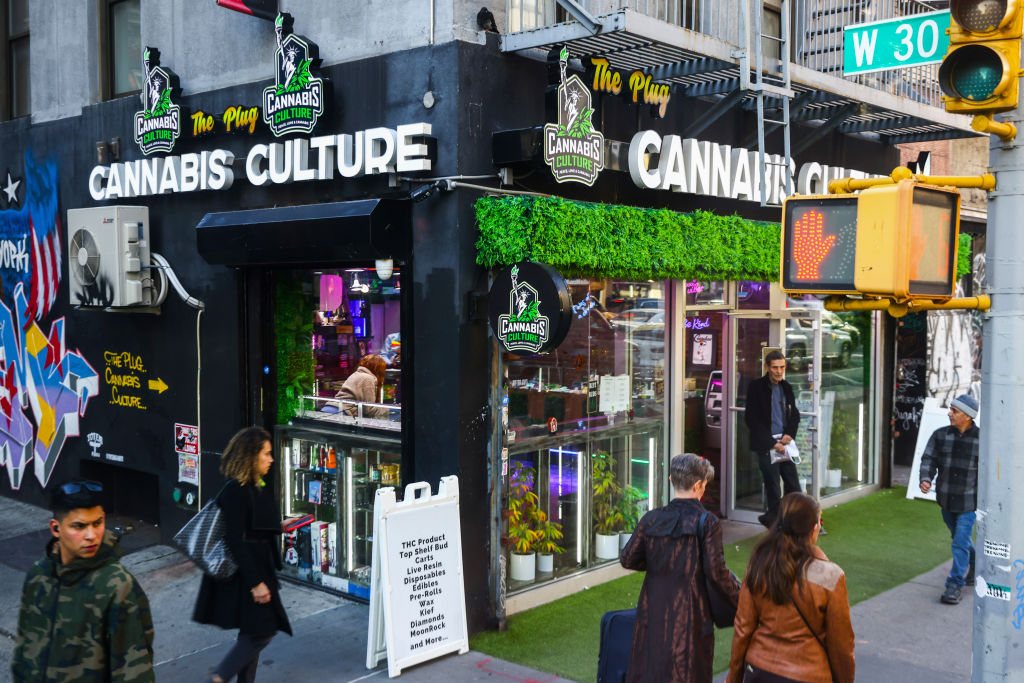The unintended consequences of more potent pot
The legalization of recreational marijuana in almost a dozen states shows how America's attitude toward the drug may be changing. But the drug has changed too: Newly developed strains of marijuana are far stronger than what people were smoking in the past, leading to unintended consequences like addiction and marijuana toxicity.
"Typically, young children around the age of 2 are getting into caregivers' -- whether it's parents', grandparents', babysitters' -- marijuana products, often edible products," said Dr. Sam Wang.
Wang's findings from Colorado's Children's Hospital are included in a new nationwide study that showed a 27% increase in children and teenagers getting emergency treatment for marijuana toxicity. Seventy percent of the cases occurred in states with legalized marijuana.
"In severe circumstances, it can affect how they're breathing and make them comatose and be put on a ventilator," Wang said.
An exponential increase in marijuana's psychoactive ingredient, THC, is at the center of the crisis. THC content has spiked from 3.7% to more than 20% -- and some cannabis concentrates contain close to 100% THC.
Twenty-year-old Colton said that his addiction to marijuana began when the drug was legalized five years ago while he was attending high school in Colorado.
"Once it was legalized, it was so… easy to get in its strongest form straight from the dispensary," Colton said. His father, Andrew Brandt, believes the high levels of THC fueled his son's addiction.
"This is nuclear strength… you know, rocket science Ph.D.s coming in and making this stuff stronger than any strains of weed anyone has ever known," he said.
When asked if there's anything the industry can do to regulate THC levels in legal marijuana products, Aaron Smith of the National Cannabis Industry Association said, "What's important about potency is that the consumer knows what they're buying and what they're consuming -- and that is through consistent testing standards and labeling standards on these products, and that only exists under the regulated markets."
States that legalized recreational marijuana have generated almost $3 billion in tax revenue since 2014, when Colorado first started sales.
"The state was highly focused on how much tax revenue it could generate from marijuana sales," Brandt said. "Nobody really spent a lot of time thinking about, well, how this going to impact some of the younger community?"
For Brandt, the impact became clear when Colton was failing in college, couldn't quit cannabis and asked to go to rehab.
Colton said that asking for help is "the hardest thing to do" and that his recovery will likely take a lifetime.
"The worst part of it is until you do that, it doesn't get better," he said. "It only gets worse."



